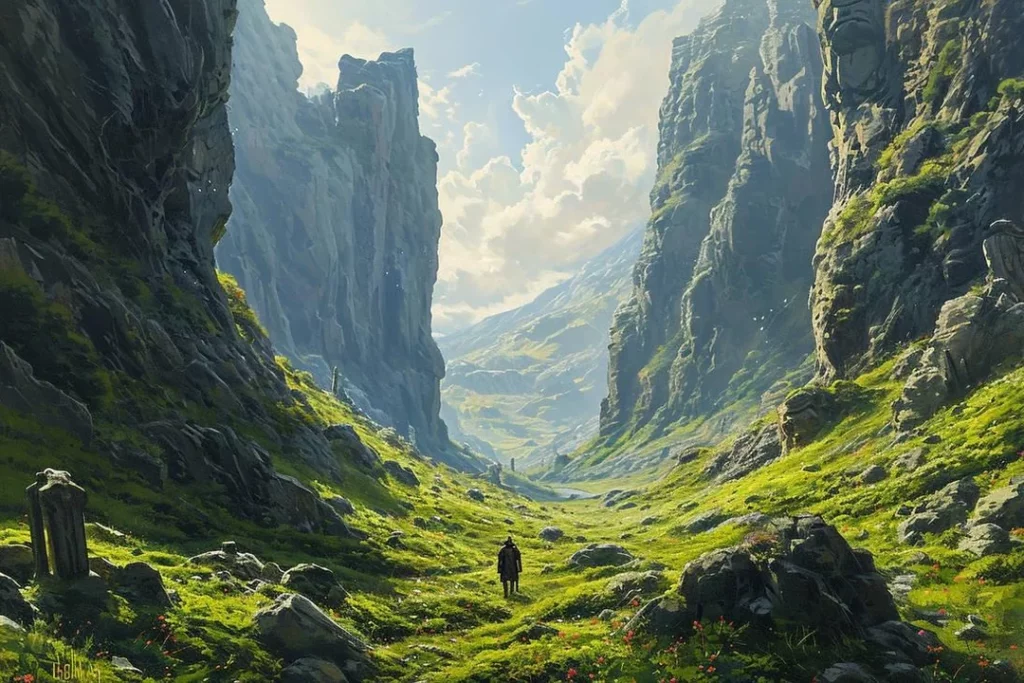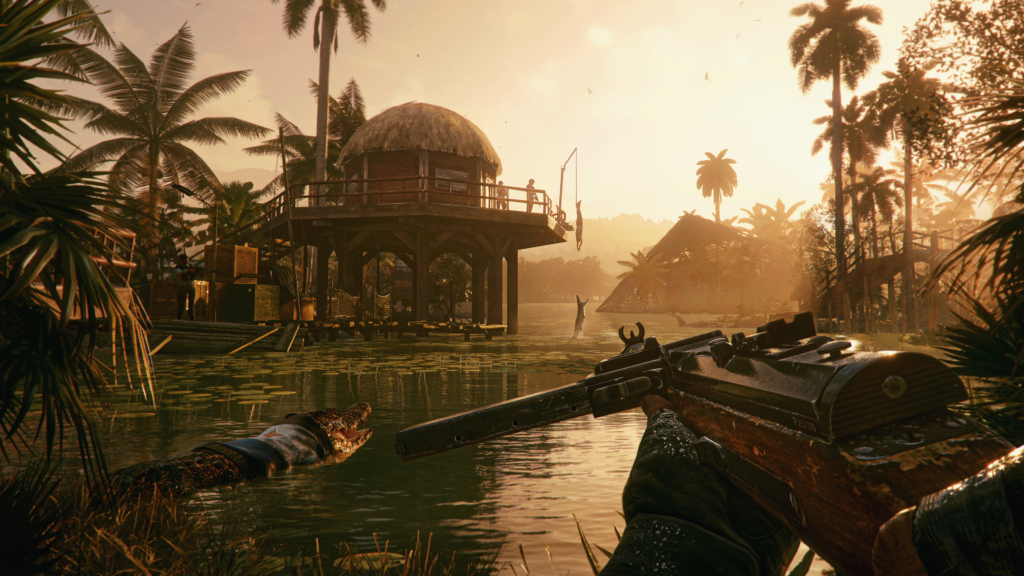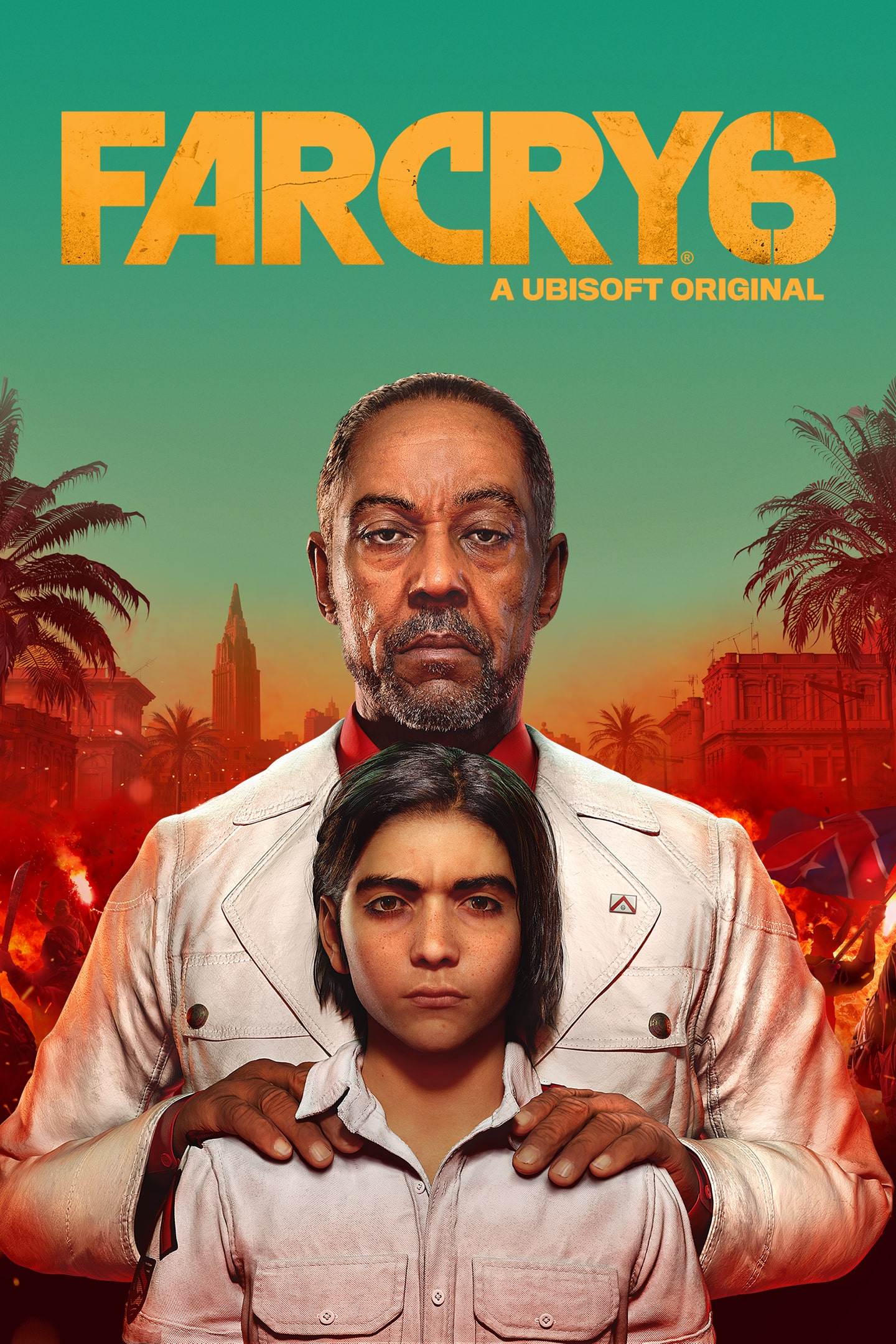Considerations on the video game crisis.
The gaming sector is facing one of the biggest crises in its history; to be more precise, however, the crisis is essentially affecting triple-a companies, which have now reached enormous dimensions and costs.
It is not video games that are in difficulty, but a paradigm and a working method that has now become unsustainable.
Let’s take a step back, first of all, and try to understand what triggered this crisis:
in recent years, this market has experienced an extraordinary expansion, reaching more customers and more age groups (the pandemic, clearly, played a fundamental role).
As a result, the sector has become increasingly profitable and attractive to external investors.

Technologies
Digital technology, in line with this growth, has evolved very quickly and has made it possible to achieve great quality levels with little effort.
Here, the first reason for the crisis, in my opinion, is linked to excessive technological advancement, or rather the too much ease with which everyone can access it: it is not entirely generalizing to say that today games all look the same.
Having very powerful and cutting-edge technologies available is a lure for many studios, large and small, who inevitably collectively take advantage of this availability (especially from a graphic point of view), establishing similar, if not identical, bases for their projects….
In the past, studios had to invest much more in innovative technologies for their products, making them diversified and identifiable, and there was no pretension but above all time to please everyone by creating a map of genres.
Today, with half the work already done, triple-A companies essentially focus on the development of a product that is too eclectic and pretentious, which ends up falling into neither one genre nor the other.
Let’s take a case study: Far Cry.
Far Cry
I have great admiration and respect for Ubisoft, one of the largest studios in the world, which has handed down to history some of the most legendary sagas in the sector, and which I consider second to none in terms of ideas.
In particular, I have always felt a weakness for the Far Cry saga: the charm of exotic settings, of survival in a hostile territory, of the return to hunting and gathering plants, the theme of resistance to dictatorship, travel in otherworldly dimensions , the system of outposts and towers and finally the iconic and well-characterized antagonists.
Far Cry 3 and 4 represented the maximum expression of the saga (I haven’t been able to recover the first 2 yet); the fifth chapter defended itself well and maintained a good dose of iconicity.
Alas, however, the sixth chapter marked a negative turning point:
This is what I was talking about above, that attempt to merge too many genres into one game, inevitably ending up depriving it of its identity.
Far Cry 6 is not a Far Cry, it is a mixture of elements taken from various sagas of the parent company, in particular Ghost Recon with its large RPG dimension.
Components such as hunting have been removed, others such as outposts and towers have been revisited in a confusing way, the setting communicates nothing and feels like it has already been seen.
Let it be clear, however, that Far Cry 6, regardless of the legacy of its saga, remains a decent game with some iconic moments.
Something similar is also happening to Assassin’s Creed, which, however, with Mirage and Shadows seems to be finding the way to a partial rebirth.
Ubisoft is timidly trying to renew its sagas, but I believe that this attempt can only slow down or stem an inexorable end.
Ubisoft must have courage, especially in this difficult moment, it must leave behind the aftermath of a glorious past and throw itself towards an uncertain and confused future, rediscovering that ability to create unique experiences that has always distinguished the French company.


Customers
The second major cause of this crisis is us consumers, today we no longer know what we really want, we are insatiable. We are becoming an increasingly complex and heterogeneous, as well as large, group. Before criticizing the choices of large companies, each of us must therefore do an internal analysis and really understand what we want and whether that desire is achievable; often the difficulty of companies in creating a valid product also lies in the arduous task of deciphering our minds.
Conclusions and perspectives
So what will happen in the future? I’m not a magician and I don’t have a crystal ball, but I can certainly point out phenomena that are already underway and that will be amplified in the coming years, such as the downsizing of large studios and the closure of those most in difficulty. However, if I am allowed to make a crazy prediction, I predict that the gaming sector of the future will be radically different, more monopolized by a couple of huge companies that will incorporate most of the small studios and with a market based almost exclusively on subscriptions. If, instead, I were to give advice to a triple-A company (I’ll take Ubisoft for example), I would tell them to divide the company into many small groups of up to 20 people, assigning each a new IP, giving them full freedom of choice but with the obligation to stick to specific genres, giving the game a clear identity.
